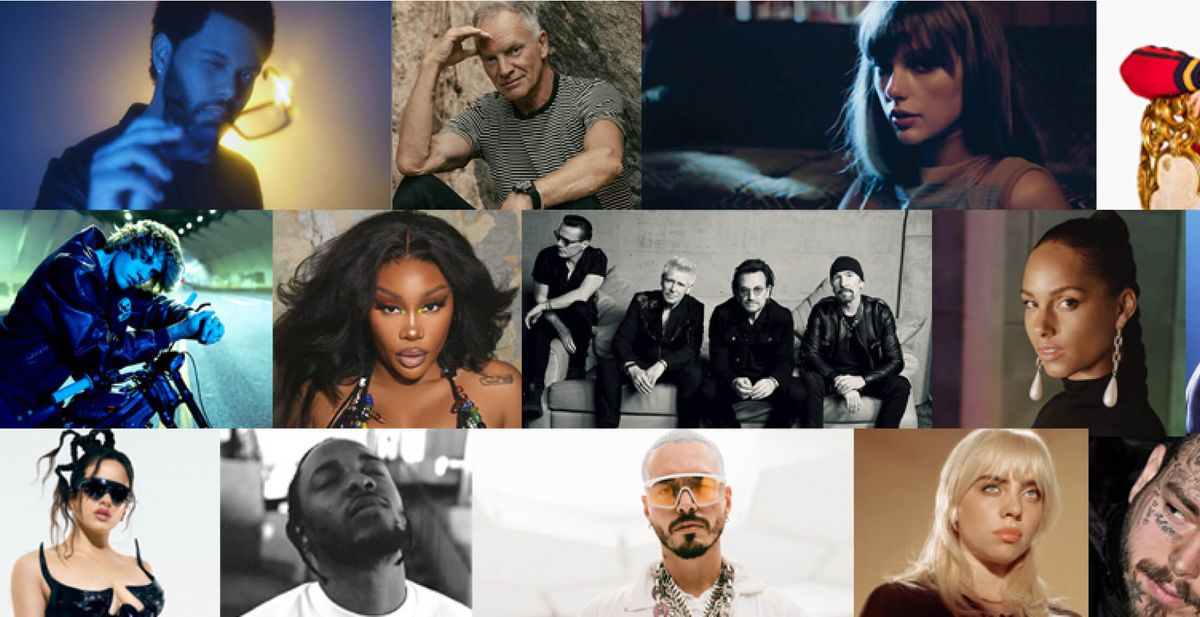
Google is reportedly engaged in discussions with Universal Music Group to strike a deal that would allow AI-generated songs to use melodies and voices from Universal's catalog of artists, according to sources familiar with the talks.
The negotiations aim to create a licensed tool that would let fans create AI-powered songs that mimic the style of popular artists. Users would pay for the service, with revenues split between Google, Universal, and artists who opt in. Warner Music is also said to be in separate talks with Google about a similar initiative.
The rise of generative AI has enabled the creation of so-called "deepfake" songs that clone the voices and styles of well-known musicians without consent. As examples have gone viral, some artists have cried foul, arguing it infringes on their IP and livelihoods.
In April, UMG asked all streaming platforms to pull a song that had gone viral named "Heart On My Sleeve". The song had quickly racked up more than 15 million views on TikTok, 600,000 spins on Spotify and 275,000 views on YouTube. The problem? The song had been created by a TikTok user named Ghostwriter977 using AI-generated voice replicas of Drake and The Weeknd.
Universal Music's general counsel, Jeffrey Harleston, passionately advocated for artists' rights during a recent congressional hearing, emphasizing the sanctity of an artist's voice to their craft and identity.
But music executives increasingly see potential value if done legally. They draw parallels to YouTube, where copyright disputes gave way to a system paying billions annually for user-generated content featuring songs.
Google's end goal is reportedly developing a consumer-facing tool, though no launch is imminent. Its motivations likely include countering AI advances by Microsoft, which invested heavily in OpenAI.
For artists, opting in could mean an untapped revenue stream. Grimes said she may allow her voice's use in AI songs, calling some she has heard "disturbingly" good.
Robert Kyncl, Warner Music's chief executive, shared a forward-looking stance. He believes that with an appropriate framework, AI can facilitate fans in creating content, including cover versions and mashups. However, he firmly asserts that artists should have the autonomy to decide their involvement.
The negotiations will be complex, needing to balance creative control, copyrights, and public appetite. But if successful, the deals could provide a legal framework for AI-generated music that makes it easier for fans to create personalized songs while generating new revenue streams for labels.

